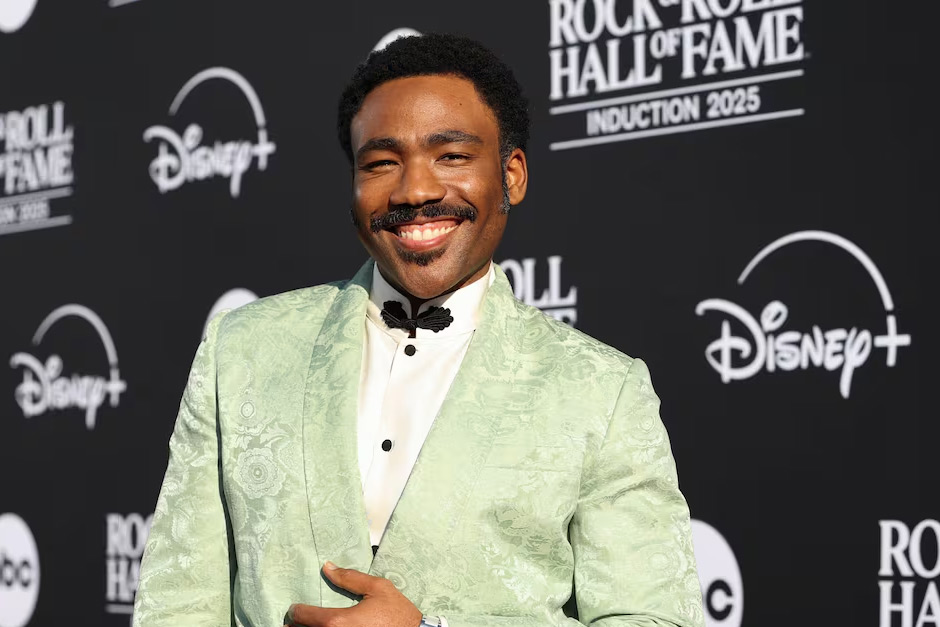Donald Glover, the polymath whose creative output spans music, television, and film, has always seemed to operate on a different plane. From the sharp wit of Atlanta to the poignant beats of Childish Gambino, his work consistently challenges and captivates. It’s easy to view figures like him as almost superhuman, ceaselessly innovating and pushing boundaries. This makes his recent revelation about suffering a stroke a profoundly human and surprising moment, stripping away the artistic mystique to expose a vulnerable reality.
The Hidden Strain Behind Creative Prolificacy
Glover’s career trajectory is nothing short of meteoric, marked by an relentless drive to create across multiple mediums. He’s known for taking on ambitious projects, often simultaneously, demanding immense intellectual and emotional investment. The news that he experienced a stroke, particularly at what many would consider the prime of his career, forces a re-evaluation of the often-unseen pressures that accompany such a demanding creative life. It’s a stark reminder that even the most brilliant minds are not immune to the physical tolls of intense work, stress, and the constant pursuit of perfection.
This admission sheds light on the internal struggles that can fester beneath a polished public persona. For years, Glover maintained a certain enigmatic distance, allowing his art to speak for itself while keeping much of his personal life private. His choice to now open up about a significant health scare invites a deeper conversation about mental and physical well-being, especially within industries that often glorify burnout and relentless productivity. It highlights the invisible battles many, including our idols, might be fighting.
Vulnerability, Awareness, and the Power of Sharing
In a culture often obsessed with curated images of perfection, Glover’s transparency is both brave and vital. When public figures share such personal health struggles, it humanizes them and, more importantly, can ignite crucial dialogues around health awareness. Strokes, often associated with older demographics, can affect anyone, and Glover’s experience underscores this critical point.
His story serves as a powerful call to pay attention to our bodies and minds, regardless of age or apparent success. It prompts us to consider the underlying factors that contribute to such health events—stress, diet, sleep deprivation, and the immense pressure to constantly perform. As one health awareness advocate put it, “When individuals like Donald Glover speak openly about significant health challenges, it breaks down walls of stigma and encourages others to seek help, listen to their bodies, and prioritize their well-being. Their honesty can literally save lives by fostering greater health literacy.”
Glover’s willingness to reveal this personal challenge adds another layer to his already complex artistic narrative. It suggests a newfound depth, perhaps even a re-prioritization of life’s values, that could very well influence his future creative endeavors. This act of vulnerability doesn’t diminish his genius; rather, it amplifies his humanity, making his journey all the more relatable and inspiring.
Conclusion
Donald Glover’s revelation about his stroke is more than just celebrity news; it’s a profound moment of shared humanity. It forces us to look beyond the dazzling spectacle of fame and accomplishment and recognize the fragile, resilient individual underneath. His openness not only invites empathy but also serves as a potent reminder of the importance of health, self-care, and the courage it takes to share one’s most challenging experiences. As he continues his multifaceted career, this shared vulnerability will undoubtedly resonate with fans, adding a deeper, more personal dimension to the enduring legacy of a true artistic force.




